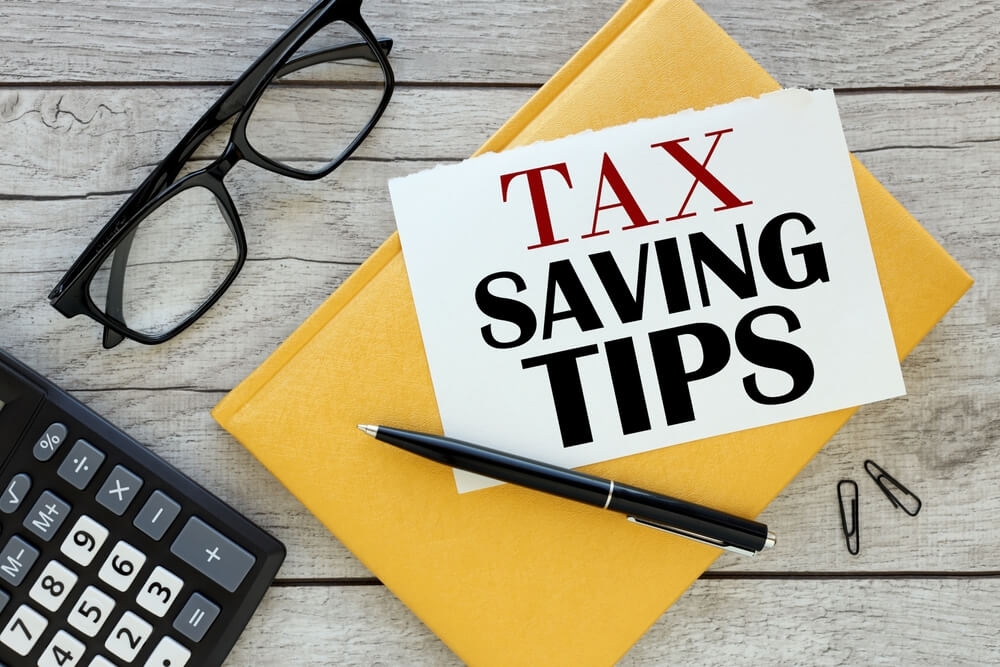Published
- 4 min read
How to Maximize Tax Deductions in Korea | Year-End Tax Tips

💸 How to Maximize Tax Deductions in Korea | Year-End Tax Tips
Although it might feel a bit early to talk about taxes in April, knowing these tips now will save you a lot of stress later.
In Korea, the year-end tax settlement (연말정산) is a major concern for salaried workers. Many people worry about whether they’ll receive a refund or end up owing more taxes.
In this post, I’ll share practical tips based on my own experience on how to maximize your tax deductions in Korea.
❌ 0. The Best Way to Save on Taxes: Spend Less
It’s obvious, but the best way to minimize your taxes is not to spend money at all.
However, given the realities of modern life, that’s easier said than done!
🧾 1. Reach 25% of Your Salary with Credit Cards, Then Switch to Debit Cards
In Korea, you need to spend at least 25% of your annual salary to start receiving credit card-related deductions.
- Up to the 25% threshold: Credit card or debit card spending counts the same.
- Beyond the 25% threshold: Debit cards and cash receipts offer better tax benefits.
| Payment Method | Deduction Rate |
|---|---|
| Credit Card | 15% |
| Debit Card / Cash Receipt | 30% |
Tip:
- Use credit cards until you reach 25% of your salary.
- Then switch to debit cards or cash receipts for higher deductions.
🎁 2. Utilize Donation Tax Deductions
Donations in Korea are eligible for separate tax credits.
| Donation Amount | Tax Credit Rate |
|---|---|
| Up to KRW 10 million | 15% |
| Over KRW 10 million | 30% |
Important:
- Only donations to certified organizations are eligible.
- You must receive an official donation receipt.
- Religious donations are also eligible but handled differently—check with your organization.
Tip: Making small donations toward the end of the year (November–December) can significantly boost your deductions.
🏥 3. Don’t Forget Medical Expense Deductions
Medical expenses are another often-overlooked deduction.
Eligible medical costs include:
- Hospital bills
- Pharmacy purchases
- Health check-up expenses (if abnormalities are found)
Tip:
- Medical expenses for family members can also be claimed.
- Even if covered by national health insurance, your out-of-pocket payments are deductible.
🏠 4. Claim Housing-Related Deductions
Certain housing-related expenses are deductible.
| Item | Deductible? |
|---|---|
| Jeonse (lump-sum lease) Loan Interest | Yes |
| Housing Subscription Savings (청약) Contributions | Yes (annual limit applies) |
Tip:
- Only loans in your own name are eligible.
- Your eligibility may vary depending on whether you are the head of household.
- Check with your bank for how to claim deductions on housing savings — most offer convenient mobile applications.
🚗 5. Get Extra Deductions for Public Transportation and Traditional Markets
In addition to credit/debit card deductions, spending on public transportation and at traditional markets offers a higher deduction rate.
| Category | Deduction Rate |
|---|---|
| Public Transportation | 40% |
| Traditional Markets | 40% |
Tip: Make sure to pay for subway and bus rides with a registered card so the spending is tracked.
💼 6. Use Retirement Accounts (Pensions and IRPs) for Additional Tax Credits
Contributing to a personal pension plan or an Individual Retirement Pension (IRP) can unlock significant tax credits.
Since 2024, the annual deduction limit has increased, making it even more attractive.
| Account Type | Annual Contribution Limit | Tax Credit Rate |
|---|---|---|
| Personal Pension | KRW 6 million | 12–15% |
| IRP (additional contribution) | KRW 3 million | 12–15% |
| Total Combined Limit | KRW 9 million |
Tax Credit Rate:
- Salary up to KRW 55 million → 15% credit
- Salary above KRW 55 million → 12% credit
Example:
- KRW 6 million to a pension plan → 15% = KRW 900,000 tax credit
- KRW 3 million to IRP → 15% = KRW 450,000 tax credit
👉 Together, that’s KRW 1.35 million saved in taxes!
Important:
- You can only claim tax credits on up to KRW 9 million total between pensions and IRP.
- Funds must be withdrawn as a pension after age 55.
- Early withdrawal triggers penalties, including repayment of previous tax benefits.
Tip: If you have extra cash at the end of the year, making additional contributions to your pension or IRP can be a smart move to maximize your refund.
Smart money management results in lower taxes.
✨ Conclusion: Plan Your Spending to Maximize Refunds
Tax savings aren’t automatic — they require strategic planning.
- Manage credit card and debit card usage
- Leverage donations, medical expenses, and housing-related deductions
- Use public transportation and support traditional markets
- Invest in retirement savings accounts
By preparing early and using these strategies, you can minimize your tax burden and maximize your refund when Korea’s year-end tax adjustment season comes.
I hope this guide helps you navigate the system with less stress — and more money back in your pocket!